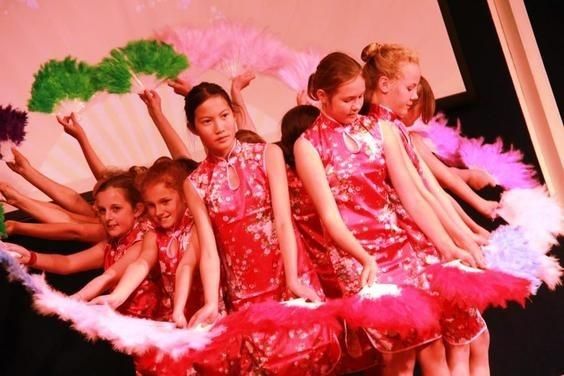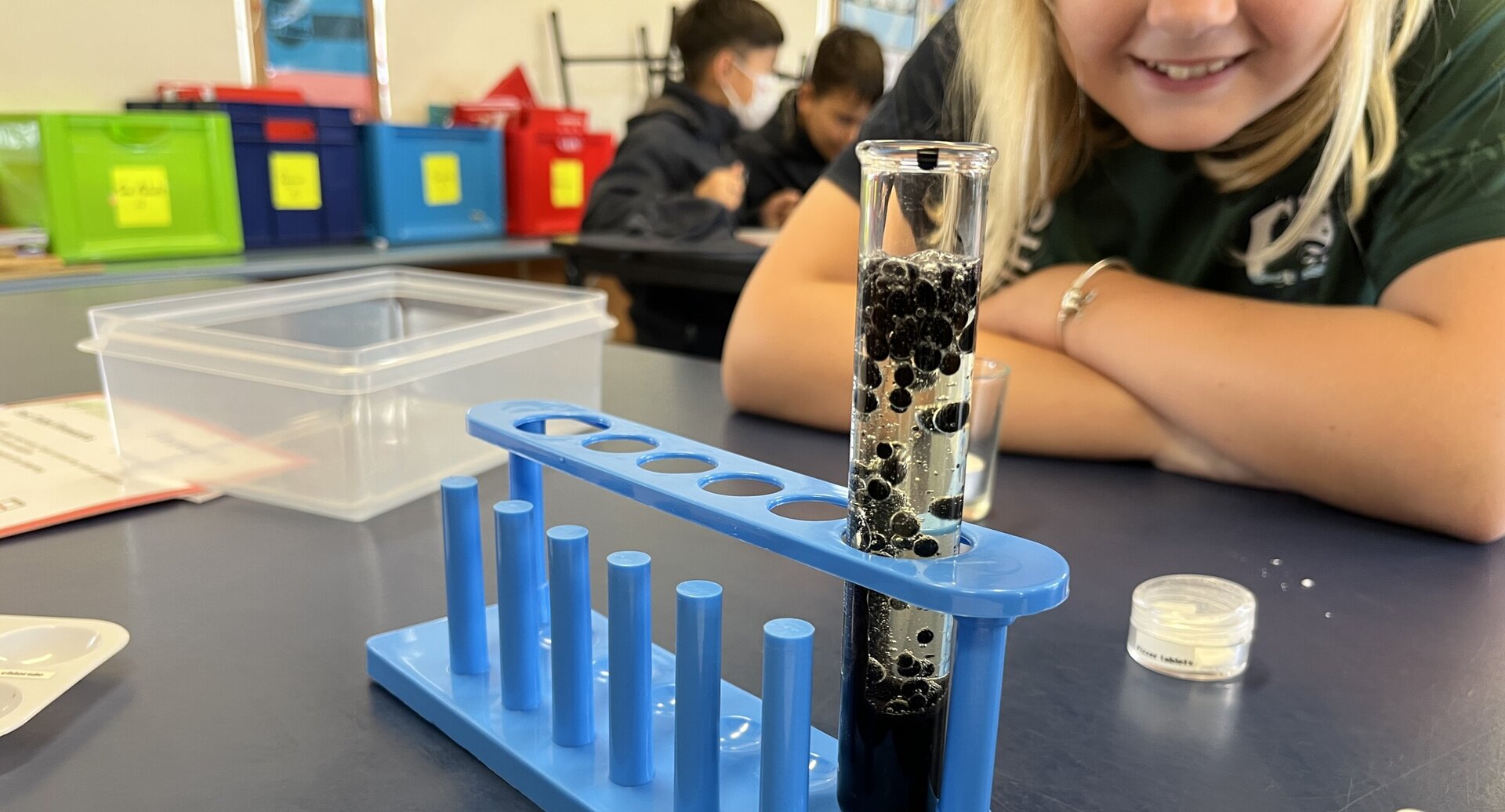Our Whānau
Churchill Park School has three Whānau Areas:
Karaka: Year 1 - 3 | Mrs Sue Turnbull | Whānau Leader |
|---|---|---|
Waitematā: Year 4 - 6 | Mr Kynan Watt | Whānau Leader |
Rangitoto Year 7 & 8 | Ms Melissa Gainsford | Whānau Leader |
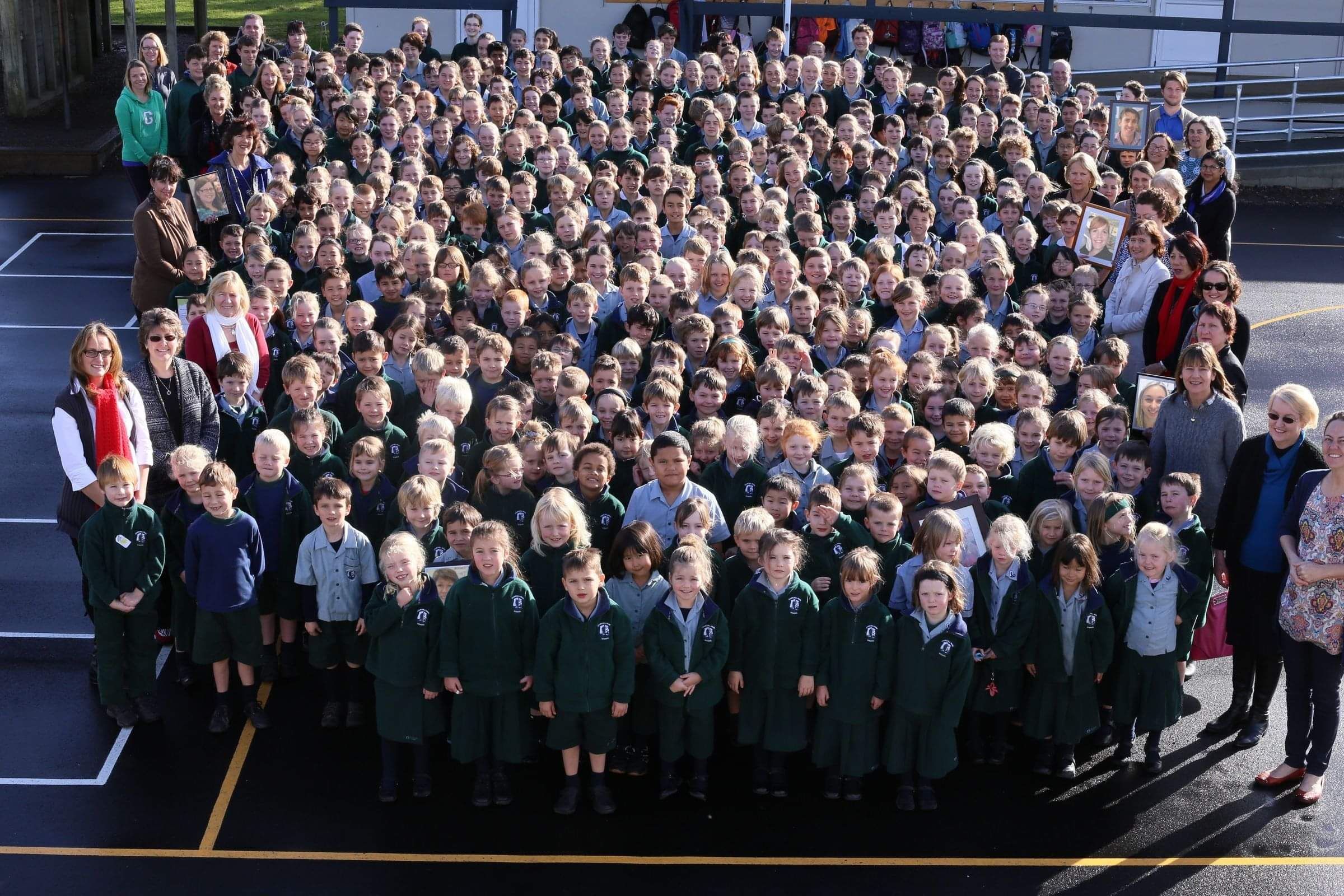
Learner Qualities
In order to focus consistently on student needs and grow confident learners, all teachers and students examine their progress through the following five learner qualities:

Delivering the New Zealand Curriculum (NZC)
The New Zealand Curriculum and the Churchill Park School Charter establish the direction for learning and teaching at our school.
Operating under a policy set and reviewed by our Board of Trustees, we devote consistent and thorough attention to:
• Providing a broad education which meets, where possible, both the immediate and long-term needs of each student through a balanced curriculum including the eight learning areas, values and key competencies
• Developing quality and consistency in teaching and learning programmes across the school
Learning Areas:
English
English encompasses reading, writing, oral and visual language. Teaching is targeted at specific student needs identified by a range of assessment methods. Reading, writing, oral and visual language is integrated into other curriculum areas, as well as our school learner qualities, with the intention of engaging students and motivating them to become independent and inquisitive learners.
Twice yearly, we assess students against national curriculum expectations for reading and writing.
Mathematics
Mathematics encompasses the teaching of numbers and algebra as well as statistics, measurement and geometry. Students learn mathematics best by manipulating materials, constructing their own knowledge through rich experiences and personal connection, and by being encouraged to formulate abstractions.
Twice yearly, we assess students against
national curriculum expectations for
mathematics.
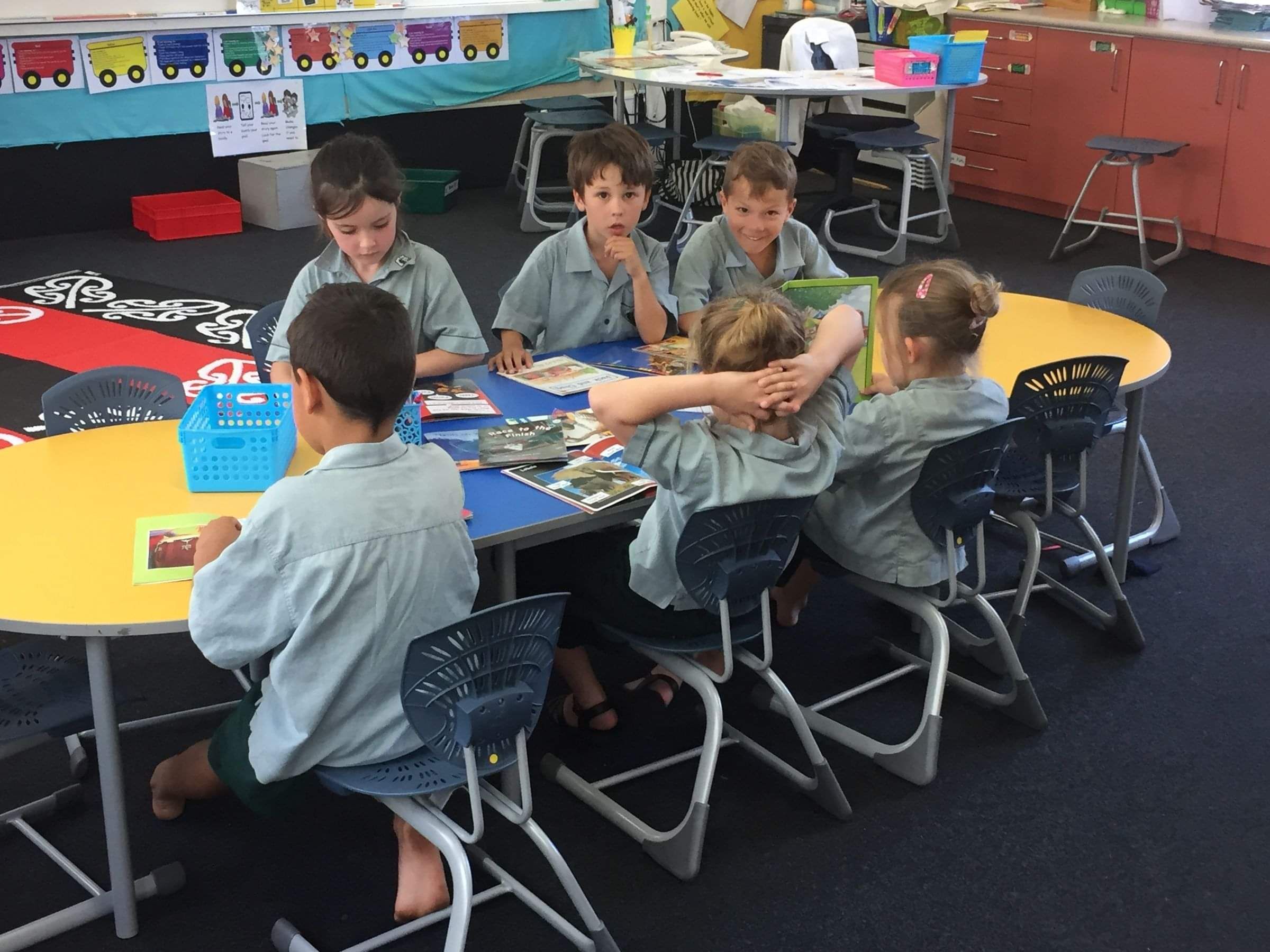
Social Sciences
Science
Technology
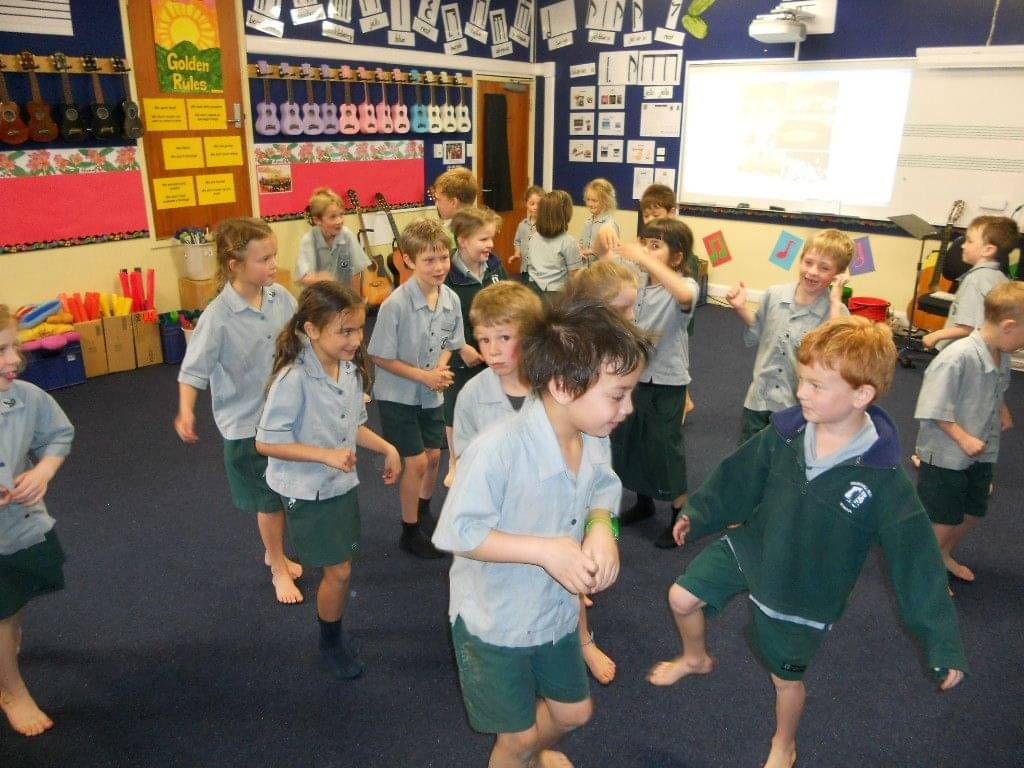
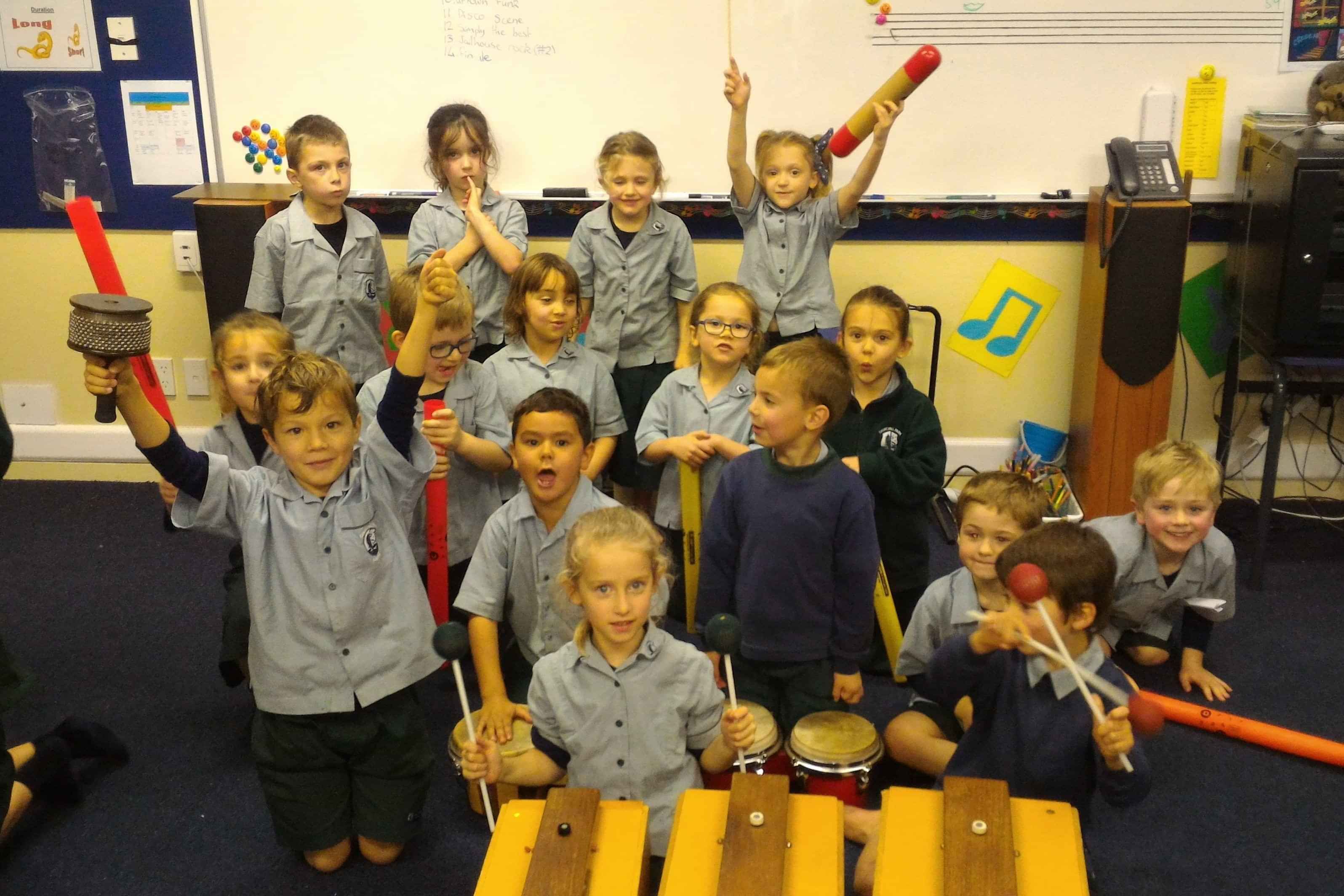
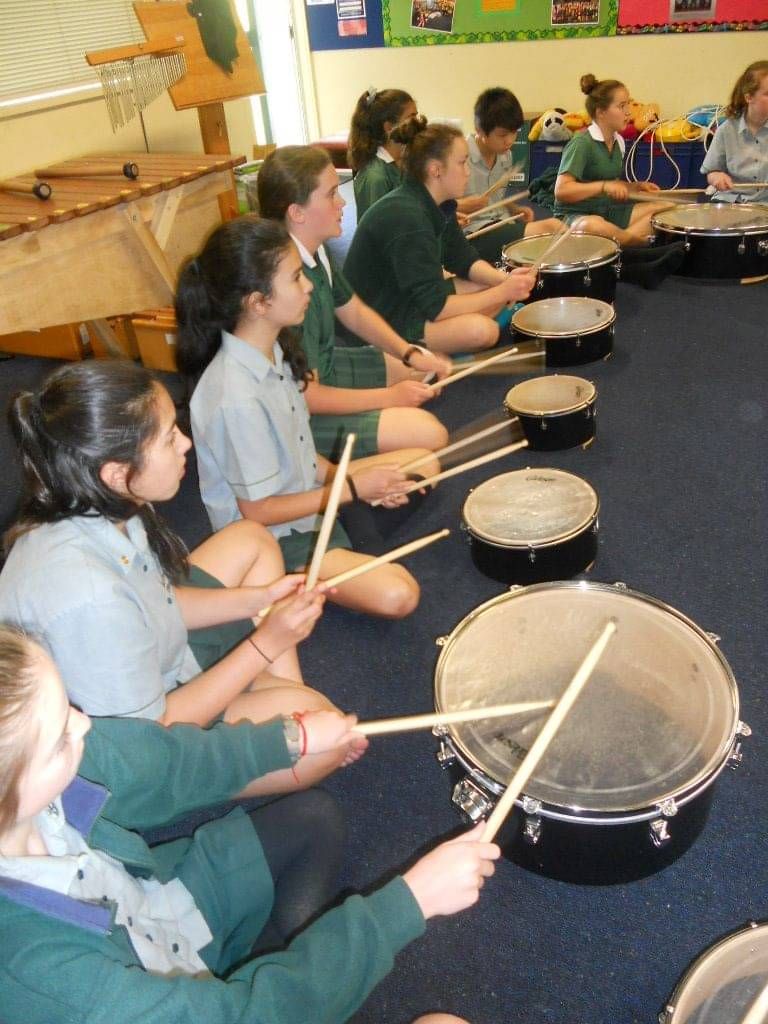
Music
Music at Churchill Park School
Music is a fundamental form of both personal and cultural expression; it allows us to express our feelings and ideas about ourselves and our place in the world, and explore styles of other cultures.
In music we organise a wide range of natural and found sounds by manipulating pitch, dynamics, harmony, timbre, texture, and form to develop musical ideas and create musical works.
Students also learn unique approaches to problem solving through the active and reflective processes of both listening to and making music.
Churchill Park School offers a school-wide music programme which runs throughout the year. Every week the students attend one hour of music in which they explore a variety of musical aspects through listening, singing, moving, playing, creating and composing.
The music programmes are based on a holistic view aiming at supporting the development of the whole child. Alongside the development of musical skills, these programmes also strongly aim at fostering listening and cooperative skills through group work, creative and language skills, and the development of motor skills through movement and playing.
Each syndicate also has a specific instrumental focus: juniors explore tuned and untuned percussion, middle school students learn to play the recorder, seniors the ukulele, and in the intermediate school there is a strong focus on ensemble playing using tuned percussion instruments (e.g. marimba, xylophones, and metallophones).
The Choir and the Marimba Band are important features of the music programme, and through these extracurricular opportunities, students are encouraged to partake in community performances like the annual Marimba Festival and the Kids for Kids concert.
A variety of tutors offer private lessons in piano, guitar, bass, ukulele and recorder.
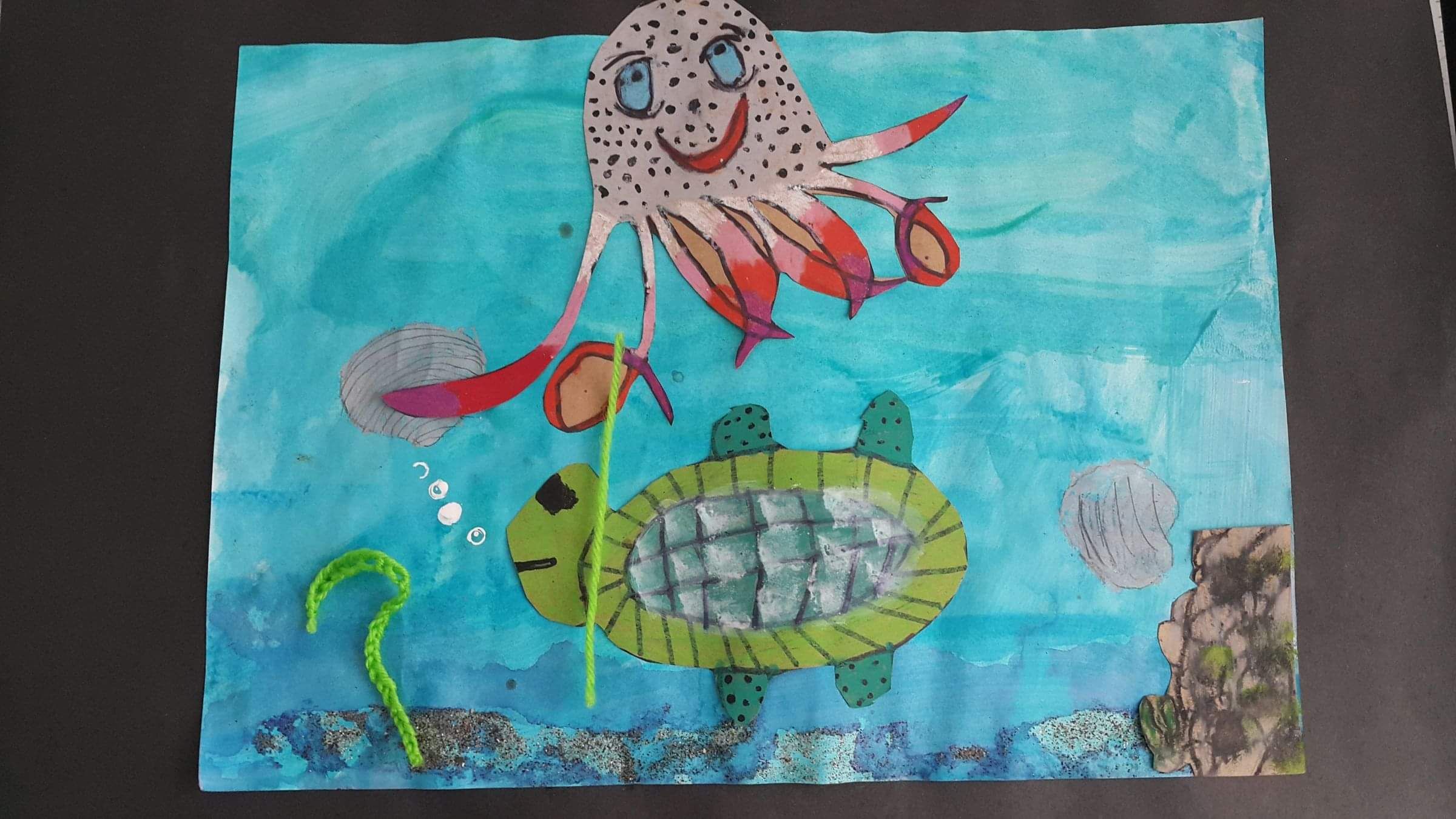
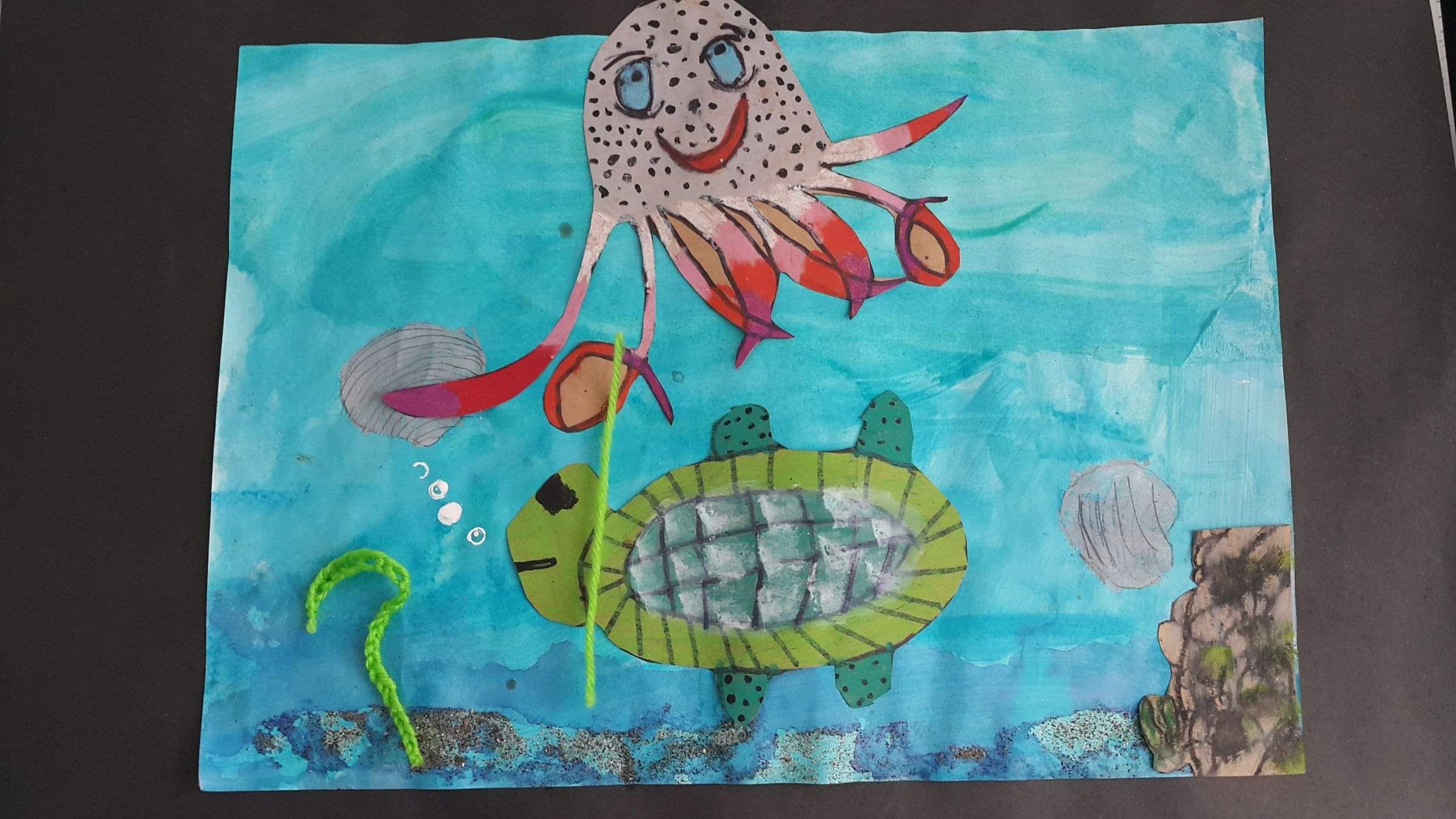
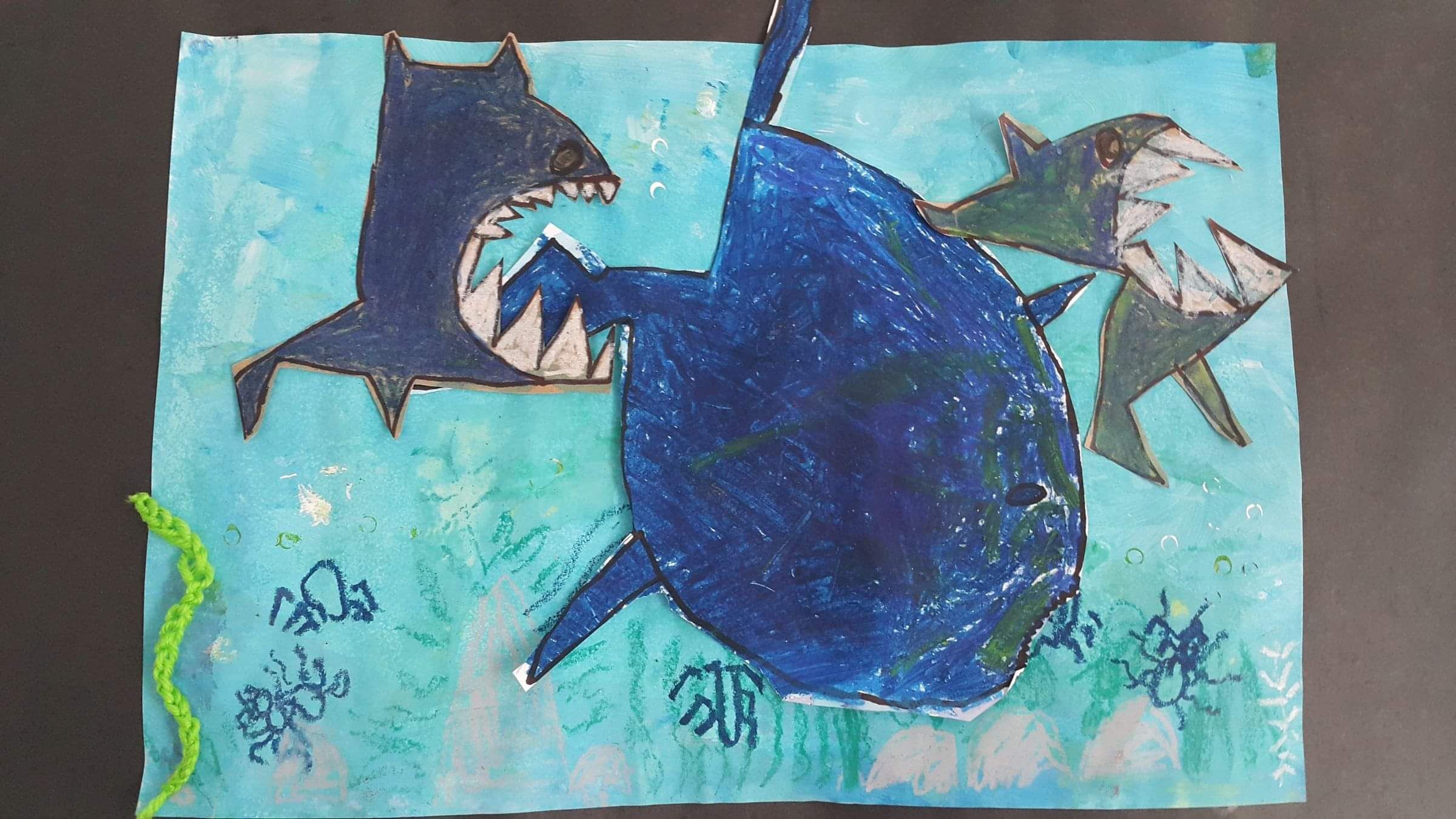
The Arts
In the arts, students are enabled by relevant skills and understandings to create and respond to imaginative and explorative works.
Students learn the arts best by having the opportunities to explore and create, being exposed to a variety of stimuli, and having opportunities to respond to the works of others.
At CPS, emphasised approaches to teaching the arts are creativity, active participation, and knowledge and skills.
We hold an art intensive at the end of the first term each year where individual and group artistic skills are modelled and practised in the creation of large art works to be displayed around the school.
We regularly participate and win awards in art competitions such as the St. Heliers Library competition and the Chinese Lantern Festival.
ERO Reports
(Extract from the most recent ERO report on Churchill Park School)
Learning Support S.E.N.C.O.
We have a number of students with special needs who receive funding from government agencies. Children who require support are cared for by a group of highly committed staff, and we also utilise the expertise of outside agencies on a regular basis.
We run a variety of learning support programmes and we have access to a number of support networks. Some of our special needs students have their needs met through Individual Education Plans (IEPs) where discussions are held about how the child is going, what their next steps are and how their goals are to be achieved.
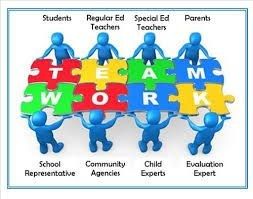
E.S.O.L.
At Churchill Park School, we provide specialist ESOL classes for our New Zealand and international "English as a Second Language" students. These lessons are provided on a regular basis in our ESOL withdrawal room with our specialist ESOL teacher and are designed to support both the students ESOL and classroom programmes.
Very detailed tracking of progress is monitored using the New Zealand English Language Learning Progressions document. Progressions in this document also assist the specific planning and teaching which provides stimulating and individually appropriate teaching and learning for our ESOL students. Much emphasis is placed on the pastoral care of these students, ensuring they quickly gain sufficient confidence and spoken English to effectively communicate with their peers and teachers.
Learning Languages
Churchill Park students have a variety of opportunities to learn additional languages. These languages currently include te reo Māori, Mandarin and French. External language tutors are utilised with te reo Māori being taught across the school, Mandarin currently from years three to eight and French being taught in the intermediate every second year. Class teachers are encouraged to develop their own language skills, particularly in te reo Māori and Mandarin.
Our students learn to communicate effectively, with priority given to Te Reo. We believe that students learn languages best when enthusiastically engaged in authentic experiences that enable them to use formal and informal greetings as well as common expressions on a daily basis.
Contact our ESOL Specialist
